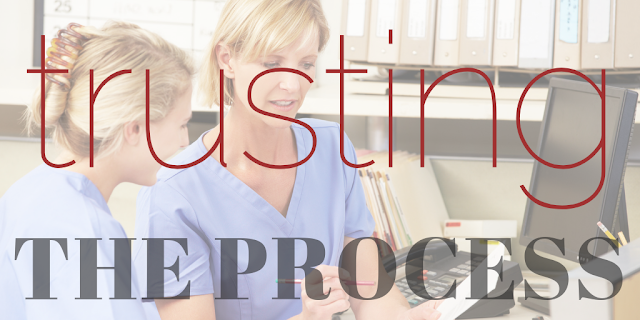I want you to think of the nursing profession on a global level, the whole kit and caboodle, and all of its moving and changing parts.
Disliking nursing means that you prefer to avoid caring for or assisting individuals with their medical conditions or illnesses, directly or indirectly. That is not your thing. When someone does not like nursing, they do not want to care for or support someone under any circumstances. If you are there or have been there, that is fine. As humans, we sometimes grow beyond a role or profession, and our needs change. Change is normal and okay.
Now, think of the nursing system on a national level.
The nursing system involves leadership and how initiatives and objectives are created and reinforced. Do you have enough nurses to care for the patients? Is the administration focusing on the right things? Does leadership understand the issues you are currently facing? All that upper-level, c-suite goodiness. Are those who don't wear scrubs supporting and meeting your professional needs? Can you make safe choices, given the options you have? Is leadership listening to those who provide direct care? If there are issues, you have a system issue, not necessarily a dislike of the nursing profession.
Lastly, think of nursing culture on a state level.
Disliking the nursing culture focuses on your local experience. Culture has to do with your work environment, your unit, your team members, and their behaviors. It focuses on your interpersonal relationships and support group. Do you feel supported in the day-to-day operations? Do you have what you need to do your job each shift (medication, team members, medical supplies, safety measures)? Is there workplace bullying or favoritism? If there is, disliking the situation makes sense. As you might feel, you are set up for failure. The work culture can make or break a job. It's that important.
When someone says they don't like nursing, don't judge them. If you have a relationship with them, ask why. Inquire about the actual reason because the nursing shortage is NOT due to nurses not "liking" nursing anymore. It is much deeper than that. Simplifying things only diminishes the true issues. We don't work that hard to simply walk away because we lost interest. There is more there, and I find it insulting when people pretend we stopped caring when in reality, it is more complicated than that.





.png)


















